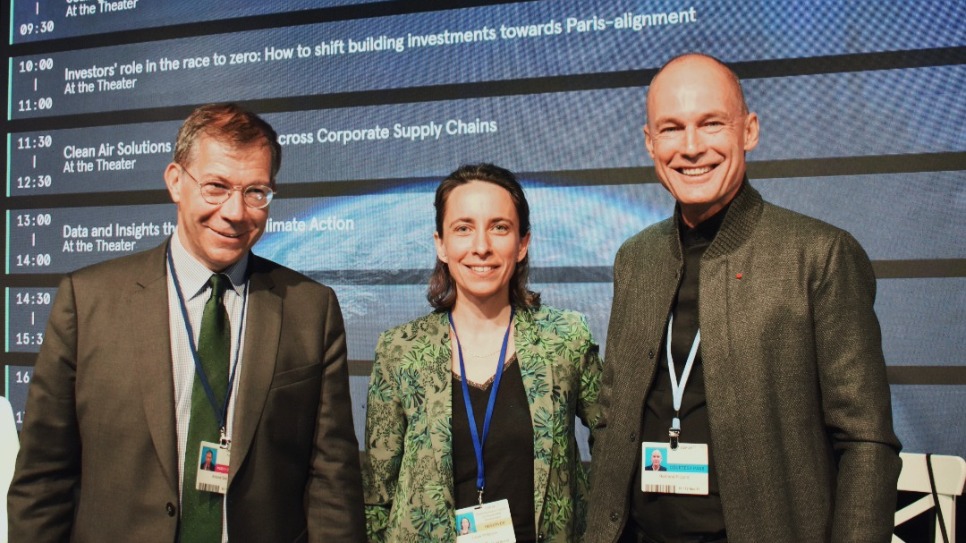Opinion - November 4, 2021
The financial misunderstanding of the ecological transition


Written by Bertrand Piccard 2 min read
THE TOPS AND FLOPS OF COP26. The participants at the Glasgow conference yesterday spoke of the costs of decarbonizing the economy, articulating astronomical amounts. A pessimistic and, above all, unsuitable approach.
We talked big bucks in Glasgow yesterday. With figures to make you dizzy: the Secretary of the Treasury of the United States, Janet Yellen, estimated that the global transition to carbon neutrality would cost between 100 and 150 trillion dollars (a 15-digit number). The “Green Premium”, that is to say the price differential between clean solutions and current polluting techniques, has also been mentioned at length. The transition to a sustainable world is thus presented as complicated, costly and financially risky.
I see things in a completely different way.
There already are solutions on the market to develop efficiency, recover waste or produce green energy, which are already profitable and competitive. It is therefore absurd to speak of economic risk and “Green Premium”. Just as it is absurd to repeat that the energy transition represents a cost (in other words, money that we lose) when it is an investment (money that pays off).
Moreover, other market players have understood this very well, and the financial world is starting to get excited about this ecological transition, as proven by the multitude of seminars organized on this theme in Glasgow. When we talk about trillions as if it were a question of emptying the coffers, we are wrong. Because the trillions are already there, available on the markets, in particular invested in fossil fuels. It is only a matter of pulling them out of industries that have no future in order to reorient them towards more promising and sustainable opportunities.
"The greatest economic opportunity of our time"
It is not just about money from banks and private investors. Instead of investing in real estate - and constantly pushing up prices at the risk of fueling a speculative bubble - or falling back on bonds with disappointing yields, pension funds will have every advantage in investing in the energy future. To pretend that these investments are risky is a bad excuse. There is certainly a risk in investing in carbon capture or nuclear fusion, which are not yet fully developed techniques, but there is none with the production of renewable energies, energy efficiency and waste recovery, which are already profitable sectors today.
Moreover, later in her remarks on the trillions of dollars of the transition, the Secretary of the Treasury nevertheless recognized that the fight against climate change is "the greatest economic opportunity of our time". In my opinion, this is the part that should be remembered from her speech, in order to create an encouraging and realistic movement.
This opinion piece was first published in La Tribune and the Swiss daily Le Temps.
Written by Bertrand Piccard on November 4, 2021


